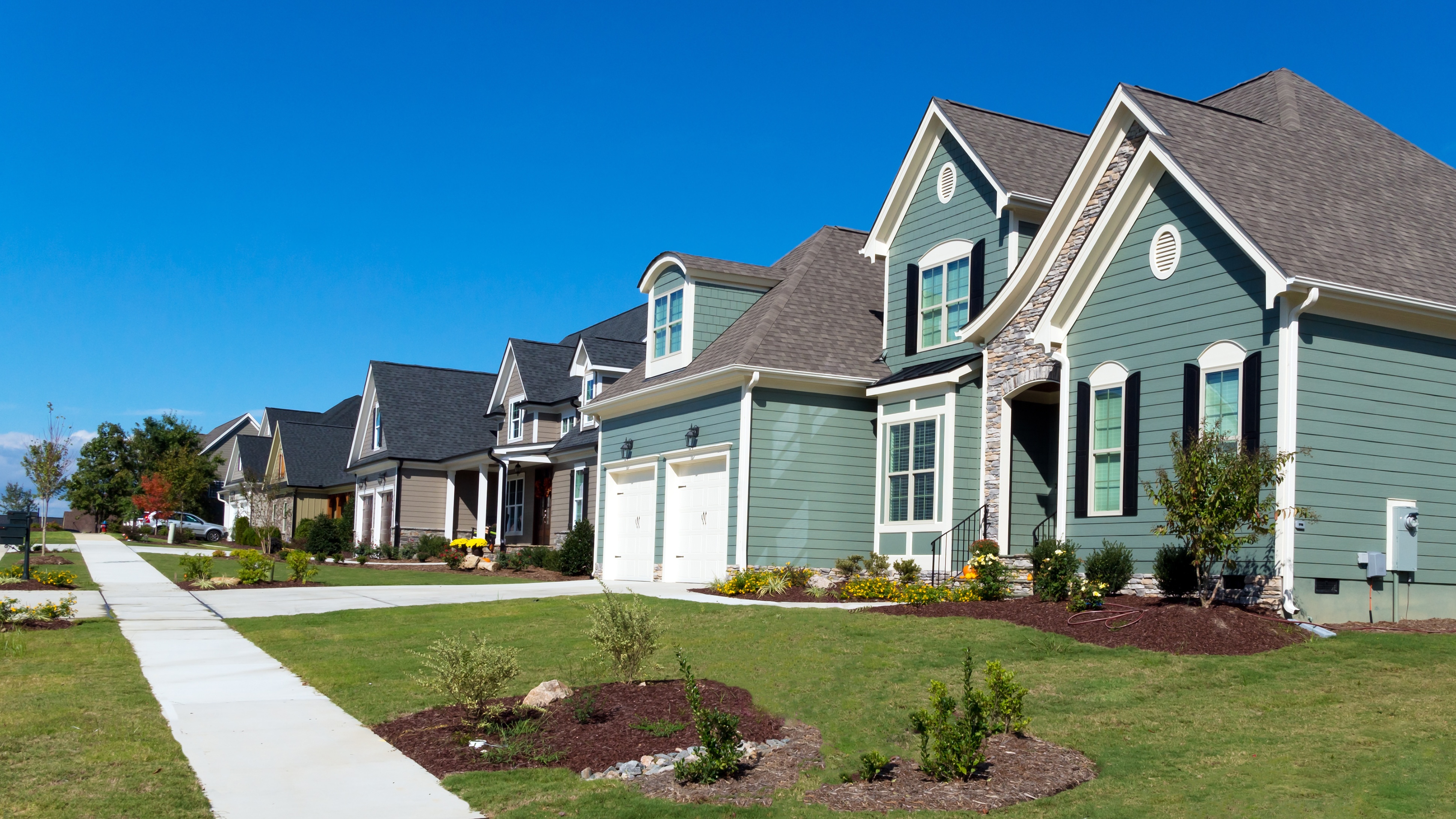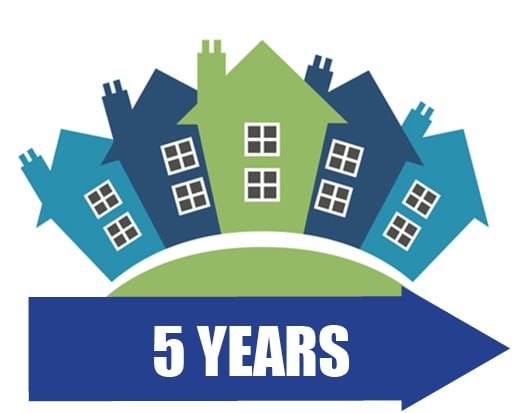Neighbor Relations vs. Neighborhood: Settling In
 When you’re building your dream home in CT, your focus is on the house and property. However, you also want to think about your neighbors and establishing a positive relationship with those who live around you. This can begin even before you move in.
When you’re building your dream home in CT, your focus is on the house and property. However, you also want to think about your neighbors and establishing a positive relationship with those who live around you. This can begin even before you move in.
Neighborhood Association
Find out about your homeowners association and any upcoming meetings. Plan to start attending meetings even before the move-in day. You’ll have a chance to meet a few of the residents and learn important information that may pertain to you as a new resident.
Ask for a copy of the rules for the neighborhood if you don’t automatically receive them. Take the time to read them. While a builder will already be aware of any landscape or exterior regulations for the property, you should also learn what you can and can’t do. You never want to start off on the wrong foot with the HOA.
Get to Know Your New Neighbors
Even if you think your neighbors should be the ones to welcome you to the community, don’t hesitate to take the first step. One of the easiest ways to do this is by taking a walk around your neighborhood. When you see someone outside, stop and introduce yourself. You don’t have to visit long; just let others know who you are and where you live.
A side benefit is that as you get to know your neighbors, you’ll feel better asking them to watch your home when you’re on vacation. You’ll also notice when someone strange is in the neighborhood, making the area safer for everyone.
It also helps to know something about the residents living in the homes closest to you. For example, you may have a neighbor who works nights and sleeps during the day. You can encourage the kids to play quietly, ensuring you make a good impression on someone who will appreciate your thoughtfulness and reciprocate when the need arises.
Consider Others
As you go about your own routines, think about how your actions affect others. Even if you no longer share walls with neighbors as you would in an apartment, what you do impacts those around you. For example, don’t let your dog run loose and get into the neighbor’s flowers. Only put your garbage out on trash day to avoid attracting pests and wild animals.
Keep your yard looking neat and well-kept to give a good impression of the entire street. No one wants to live next to the person with an unkempt lawn. Let your neighbors next door know when you’re planning to have guests over for a party, especially if it will be held outdoors.
As the new resident in the neighborhood, you want to show others you are considerate and courteous. Try to give a good first impression and start relations on a positive note. Your neighbors can make life miserable or they can be an integral part of your life in the community. Make the right choices to ensure you continue to enjoy your home and neighborhood for years to come.







